If you are planning to appear for GCSE Exams, you should be familiar with different aspects of GCSE qualification. Get complete information about GCSE grades, subjects, exams and results through this article.
Table of Contents
What is GCSE? And what is its importance? During Year 9, you might start to hear your teachers talking a lot about GCSEs, and you may have older friends who are taking them already. This qualification is an important stepping stone on the path to getting a job or pursuing higher education.
There are a number of employers and colleges that require candidates to have at least five of these qualifications. This article has been compiled to help you gain a complete understanding of GCSE.
What is GCSE?
The full form of GCSE is the General Certificate of Secondary Education. It is an educational qualification usually taken by 15-16 year old students in the United Kingdom at the end of their compulsory education. However, anyone can take it, as there are no age restrictions or formal entry requirements.
GCSE exams mainly consist of written exams, but other elements, such as projects, fieldwork, artwork, experiments, and investigations, are also assessed throughout the course. Students usually study for this qualification full time for two years and select between 5-12 subjects. To understand this term better, let’s explore the following aspects in detail.
GCSE Grades
Traditionally, GCSEs were graded from A* to G (plus a U grade for papers considered 'ungraded'). Wales and Northern Ireland still fall into this category. However, recent reforms have replaced this method with the 9-1 grading scheme in England, where a 9 is equal to a high A*.
In England, this qualification has been reformed to keep up with the demands of the universities and employers. With the help of the new grading system, colleges and employers can make better distinctions between candidates of different abilities. The following table illustrates how the new grading system works:
| New Grades | Explanation with Old Grades |
|---|---|
| 9 | 9 is greater than A* |
| - | A* |
| 8 | 8 falls between A* and A |
| 7 | 7 is equal to grade A |
| 6 | 6 is equivalent to a high B |
| - | B |
| 5 (strong pass) | 5 falls between B and C |
| 4 (standard pass) | 4 is equal to grade C |
| - | D |
| 3 | 3 falls between D and E |
| - | E |
| 2 | 2 falls between E and F |
| - | F |
| 1 | 1 is a G |
| U | An ungraded paper is referred to as U |
The average GCSE grades required by most universities are generally between 4-5 in English, Maths, and perhaps Science. However, some universities may have their own list of subjects and grades that they expect from students. For this reason, you should verify the requirements directly with the universities.
GCSE Subjects
While GCSEs are available in more than 60 subjects and vocational fields, a few core subjects like Maths, English Language, English Literature, Science, etc., are mandatory. Among the optional subjects, the major areas include arts, humanities, design and technology, and modern foreign languages. Some of the courses are academic, while some others offer practical learning as well.
This qualification can lead to various job opportunities, higher education, and apprenticeships. You might need GCSEs in certain subjects if you plan to go for higher education or apprenticeships. For example, advanced apprenticeships typically require five GCSEs with grades A* to C, including mathematics and english. If you are looking for a job, most employers will check these qualifications to see whether the subjects you studied are relevant to the position you are applying for.
Among the wide range of subjects available, you should be able to find the ones that suit your interests. However, if you are still unsure of what kind of career you want, you may want to keep your options open. Sometimes, choosing a range of subjects can help you figure out what type of career you will pursue. You may also seek assistance from your teachers or mentors to select your subjects.
GCSE Equivalent in India
International students might be wondering, “What is GCSE in India?” Well, in India it is equivalent to SSC or 10th standard. This examination is taken by students who have finished ten years of schooling in the following subjects: languages (english and 1 regional language), social studies, mathematics, and science. Here is a comparison between schooling ages in India and the UK:
| India | UK Equivalent | Student Age |
|---|---|---|
| SSC-10th Std | GCSEs | 14-16 |
| HSC-12 Std | A-Levels | 16-18 |
GCSE Exams
In general, students can take these exams only during summers, usually between April to June. The only exceptions english and maths, as exams for these subjects can be retaken during winters. The GCSE exam did not take place for 2 years due to the pandemic. In 2020, students were evaluated using centre-assessed grades, and in 2021, teacher-assessed grades were used. This year these exams will be conducted between 16 May to 28 June 2022.
How to Book a GCSE Exam?
Booking a GCSE exam is a simple and straightforward process, you just need to follow the steps given below:
- Firstly, book a GCSE preparation course online for your exam preparation.
- Next, you need to choose the exam centre. For certain subjects, there may be only one exam location in your area. Whereas for popular subjects like Maths and English, you will be able to choose from a range of exam sites.
- Ideally, you should book your exam at least six months before your exam date. This way you will be able to get your preferred exam centre. If you are not able to find a suitable exam location online, speak to the exam boards directly.
- Pay the exam fees. The fees for private GSCE exams range between £37 and £200 (per exam). However, the fees may vary depending on the subject and the exam centre. The exam fee is not refundable, so ensure that you book the correct date and time.
- You must have all the right information handy in order to book your exam place smoothly. This includes your full name, date of birth, address, contact details, Unique Candidate Identifier (UCI), and the exam code for your course. Contact your GCSE course coordinator if you are not sure of your exam code.
- Make sure you arrive on time for your exam. You must carry the following essential items to the exam centre:
- A valid photo ID
- Statement of Entry (not essential, but may be helpful)
- A transparent pencil case
- Black pens
- A bottle of water
- Compass, protractor, etc. (for Maths GCSE)
GCSE Results
GCSE results 2022 will be released on 25th August 2022. In case, students are not satisfied with their results, they will be able to sit for the exam in the next summer series in 2023. However, as mentioned earlier, exams for English language and mathematics will conducted again in November 2022 exam series.





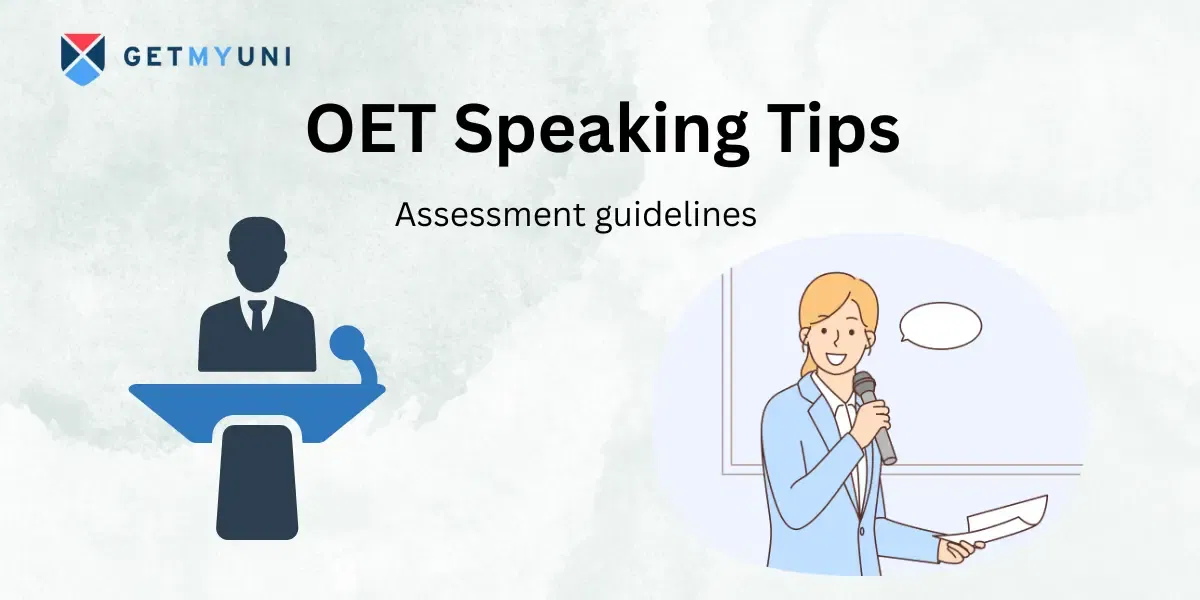

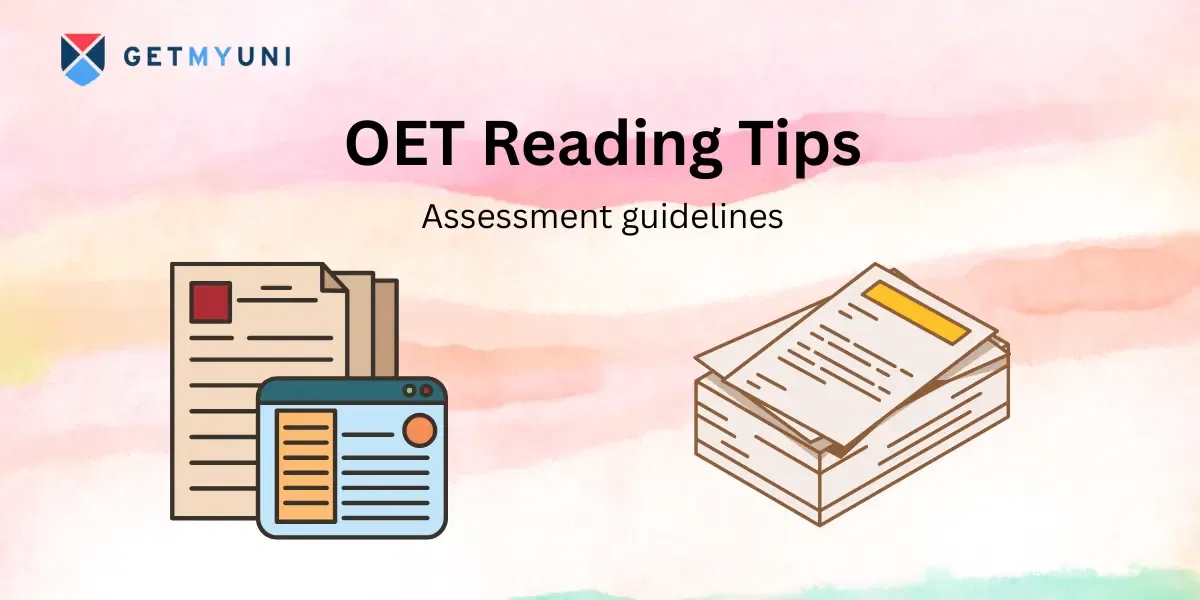





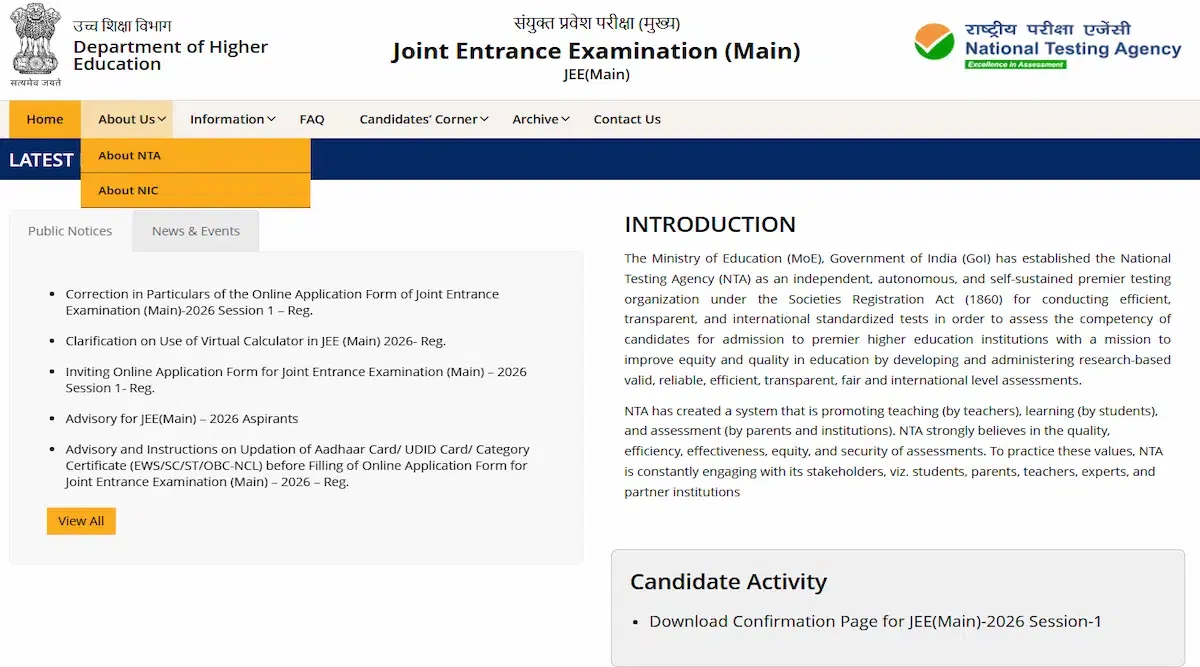
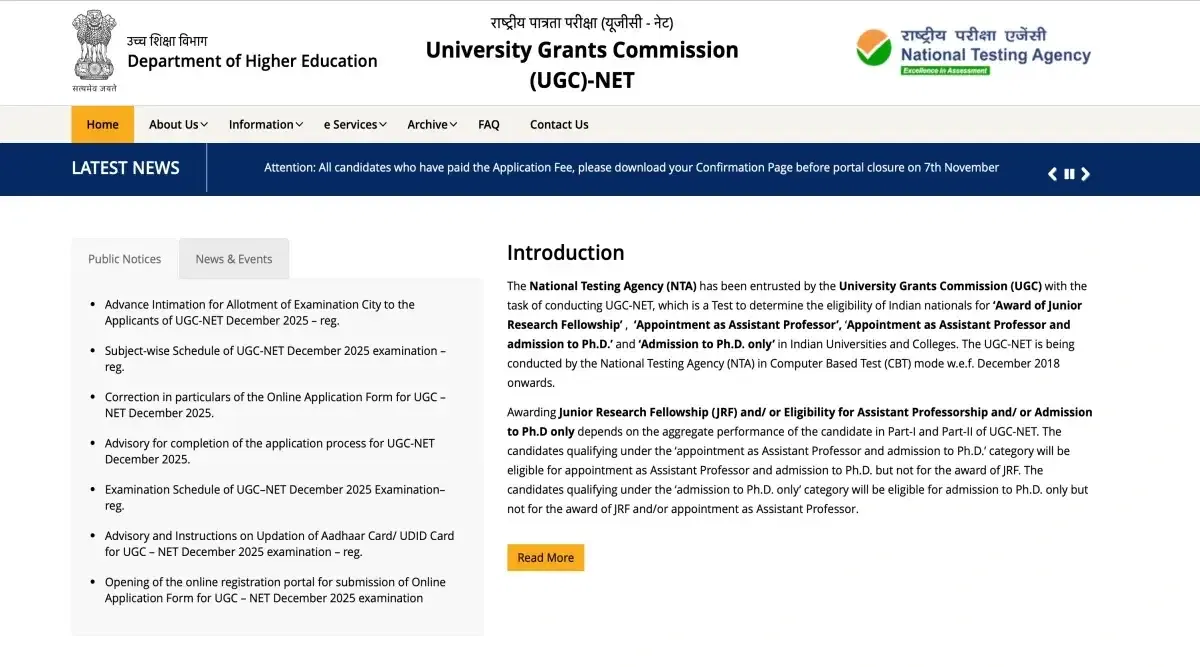




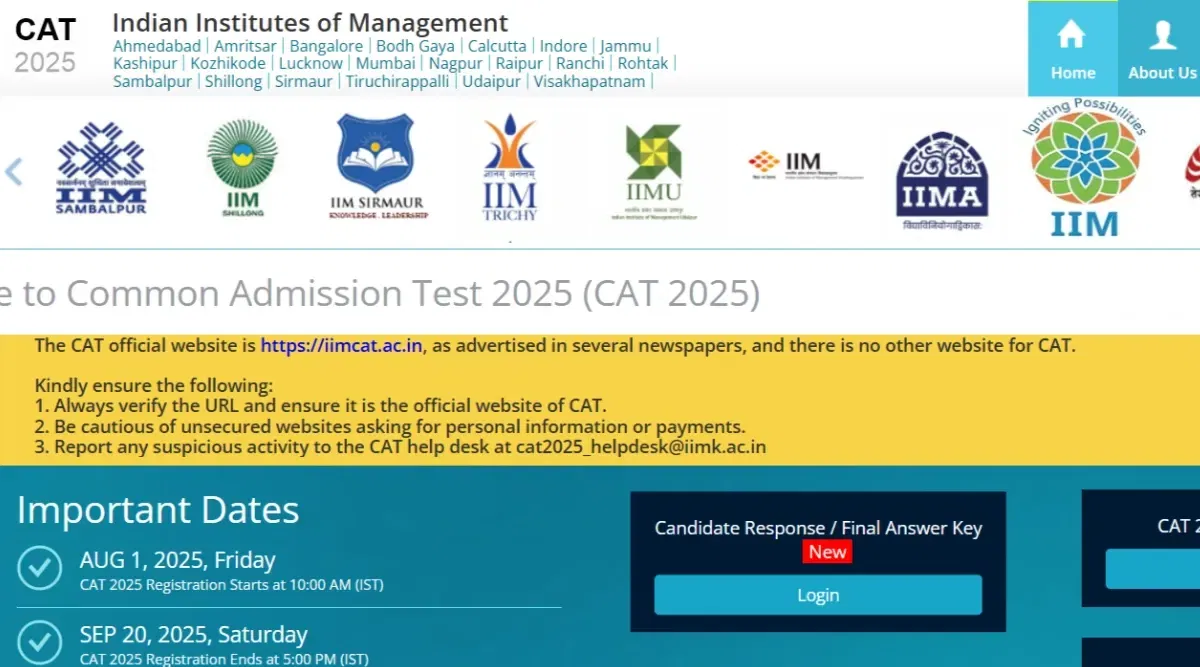



POST YOUR COMMENT